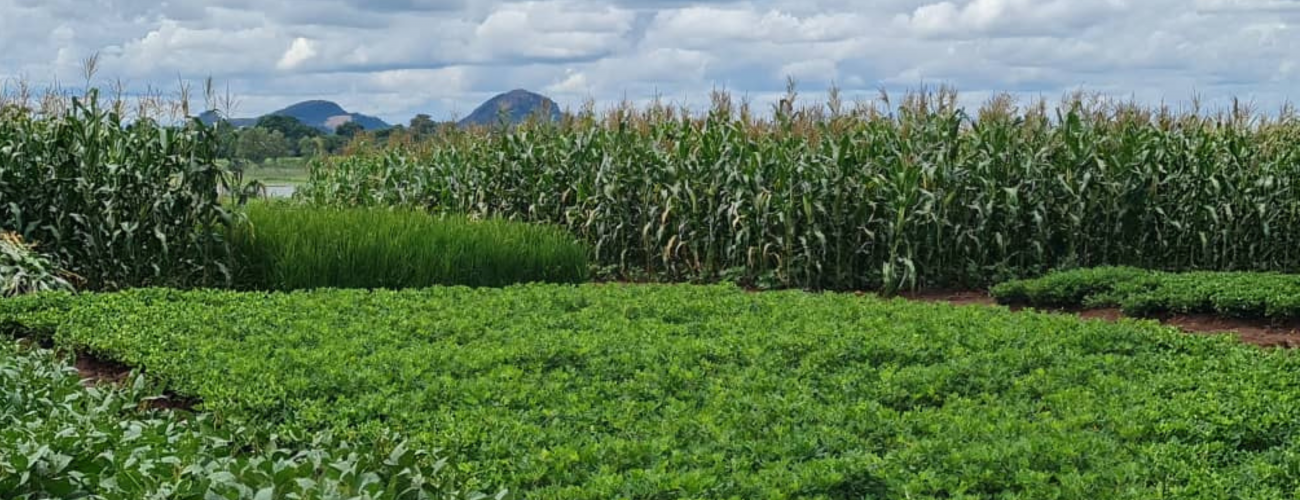
We all know tobacco kills and smoking remains the biggest public health challenge facing the world today.
What most don’t know – or do not think about – is the devastating environmental and health impacts that farming tobacco has well before a cigarette is taken out of a pack and lit. There must be a holistic effort to end smoking that includes everyone from the farmers who grow tobacco to the consumers who smoke it. Tobacco farmers and the land it’s grown on are often overlooked in the conversation about ending smoking, but to achieve lasting change they must be included in the solution.
World No Tobacco Day (May 31) focused on the environmental consequences tobacco has around the world, and there are not many countries where that impact is felt more than in Malawi. As a lifelong resident of Malawi who has worked with farmers and farmer organizations in this country throughout my career, I have seen firsthand the impact tobacco has had on the environment and agriculture sector here.
Overall, agriculture is the main driver of the Malawian economy contributing approximately 22.7% to the GDP and it accounts for approximately 55.6% of total merchandise exports out of Malawi.
For Malawians, tobacco provides a safety net but paradoxically it is dangerous in many respects. There is an urgent need to recognize the harmful impact that tobacco has on the local environment on which agriculture and the economy depends.
There is an understandable comfort as well as a dependency on tobacco farming for Malawian farmers. Despite the declining global demand, most smallholder farmers still grow the crop because they are knowledgeable about its production and marketing. It has been a way of life since 1893 when tobacco exports began here. More importantly, limited availablity of structured and competitive agricultural value chains also contribute to smallholder farmers’ continued engagement in tobacco production.
Here are just a few of the negative impacts tobacco production currently has in Malawi;
The next step will be implementing strategies that both consider the current reality and plan for an agricultural future in Malawi that is less dependent on tobacco. This transition will require a collaborative effort from government, tobacco companies, farmers, development partners, nonprofits, academia, the private sector, and civil society. Identifying, developing, and promoting competitive and sustainable alternative agricultural value chains will be critical.
Increasing smallholder tobacco farmer awareness of alternatives that can thrive in Malawi will be beneficial. Those alternatives include soybeans and groundnuts, among others, along with education in good agricultural practices, improved technologies such as seed, plant protection products, plant nutrition, irrigation and mechanization. The Centre for Agricultural Transformation (CAT) Smart Farms is one such initiative demonstrating the potential that exists.
In addition to the provision of sustainable sources of livelihoods, these alternatives must offer tangible and sustainable benefits to support the overall economy for decades to come. And, of course, besides agriculture, there is need for exploration of other non-agricultural sectors and sources of employment for the people of Malawi that will encourage upward economical mobility.
Malawi is ready, willing, and able to make the transition from tobacco as one of its main exports, to other more sustainable and less harmful agriculture. In 2021, Malawi President, His Excellency Dr. Lazarus Chakwera said,“…we need an exit strategy to transition our farmers to crops that are more sustainable and more profitable.”
This intentional shift, with the help of organizations like the Agricultural Transformation Initiative, among others, can help ensure the competitiveness and sustainability of our economy while reducing and eventually eliminating the harmful impact that tobacco is having on the environment in our country and around the world.
We can end smoking in this generation. Transitioning Malawi’s agriculture away from tobacco would be a major step in the right direction for the restoration and sustainability of Malawi’s environment and economy. The time is now.
© 2023 Foundation for a Smoke-Free World. All rights reserved.